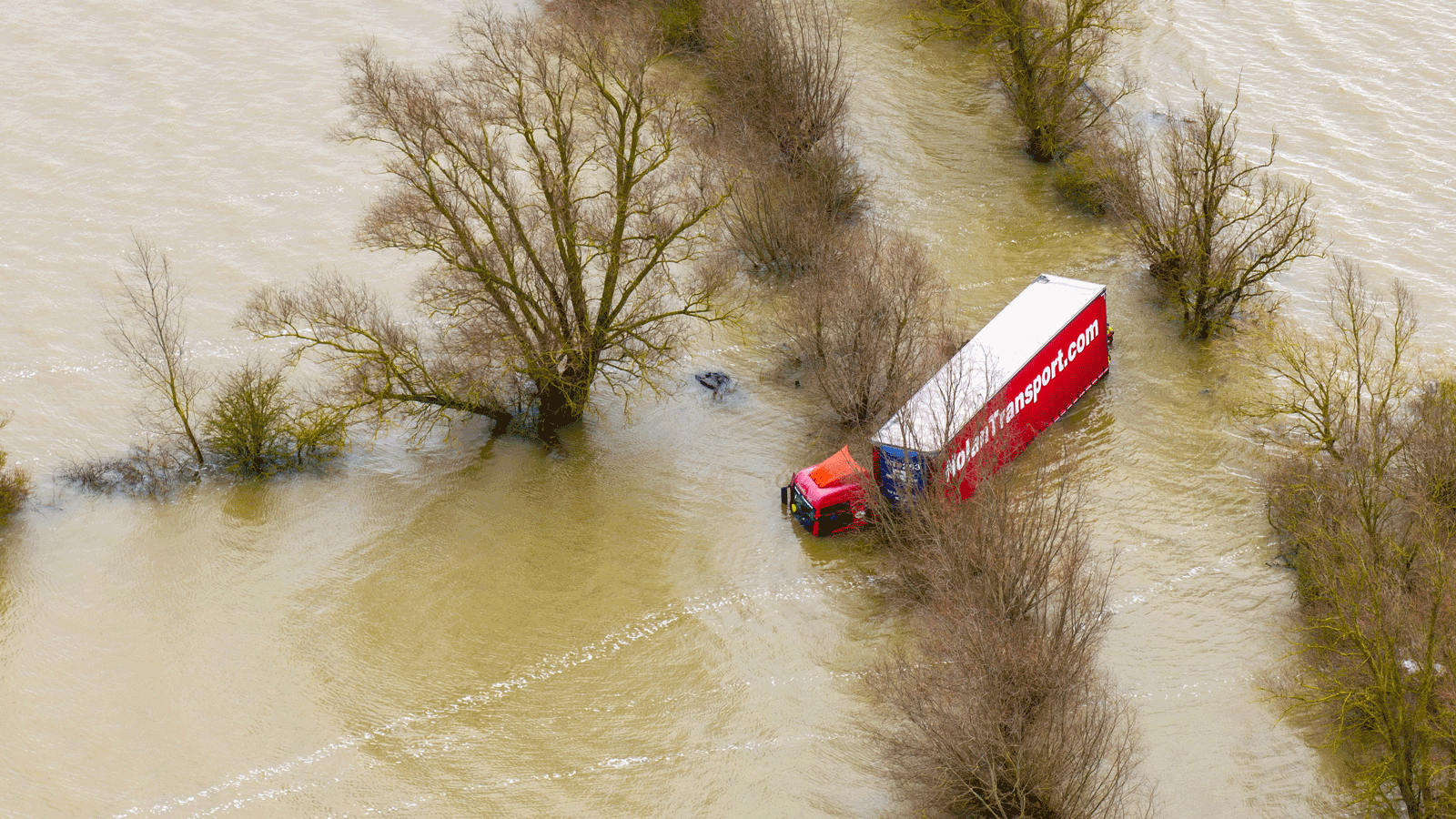
Jack Loughran Mon 25 Nov 2024
Collected at: https://eandt.theiet.org/2024/11/25/cop29-countries-approve-300bn-package-help-developing-nations-tackle-climate-change
The world’s poorest countries will receive a combined $300bn annually by 2035 to help them address the growing impacts of climate change, countries at the COP29 climate conference have agreed.
The new pledge, which followed 48 hours of intense bargaining between represented countries, represents a tripling of previous ambitions.
Developing countries have long called for greater financial assistance from richer nations to help them mitigate and adapt to climate change. This is because developed countries have been the primary contributors to greenhouse gas emissions since the Industrial Revolution, while developing countries typically face the brunt of the worst impacts of the world’s changing climate.
But despite the enhanced pledges announced over the weekend, India’s representative Chandni Raina condemned the $300bn plan as a “paltry sum”. She said the funds would fail to “address the enormity of the challenge we all face”.
In June, the charity Christian Aid estimated that extreme weather had been responsible for an estimated $41bn in damages and 2,500 deaths in just the six months since COP28. Most of the worst impacts were felt by countries in Asia and Africa. At COP27, which was held in Egypt in 2022, countries launched the Loss and Damage Fund, a climate finance mechanism to help communities that have already suffered from extreme weather events.
Over the weekend in Azerbaijan, the COP29 presidency confirmed that the fund would finally start distributing money to affected areas from next year – a decision that was long-awaited by developing countries.
COP29 president Mukhtar Babayev said: “The Baku Finance Goal will turn billions into trillions over the next decade. We have secured a trebling of the core climate finance target for developing countries each year.”
“The Baku Finance Goal represents the best possible deal we could reach, and we have pushed the donor countries as far as possible. We have forever changed the global financial architecture and taken a significant step towards delivering the means to deliver a pathway to 1.5°C. The years ahead will not be easy. The science shows that the challenges will only grow. Our ability to work together will be tested.”
At last year’s COP28 in Dubai, representatives of nearly 200 countries agreed to ‘transition away’ from fossil fuels for the first time and reach zero emissions globally by 2050. But the published agreement stopped short of asking for a complete ‘phase out’ of fossil fuels, as some countries had campaigned for.

Leave a Reply